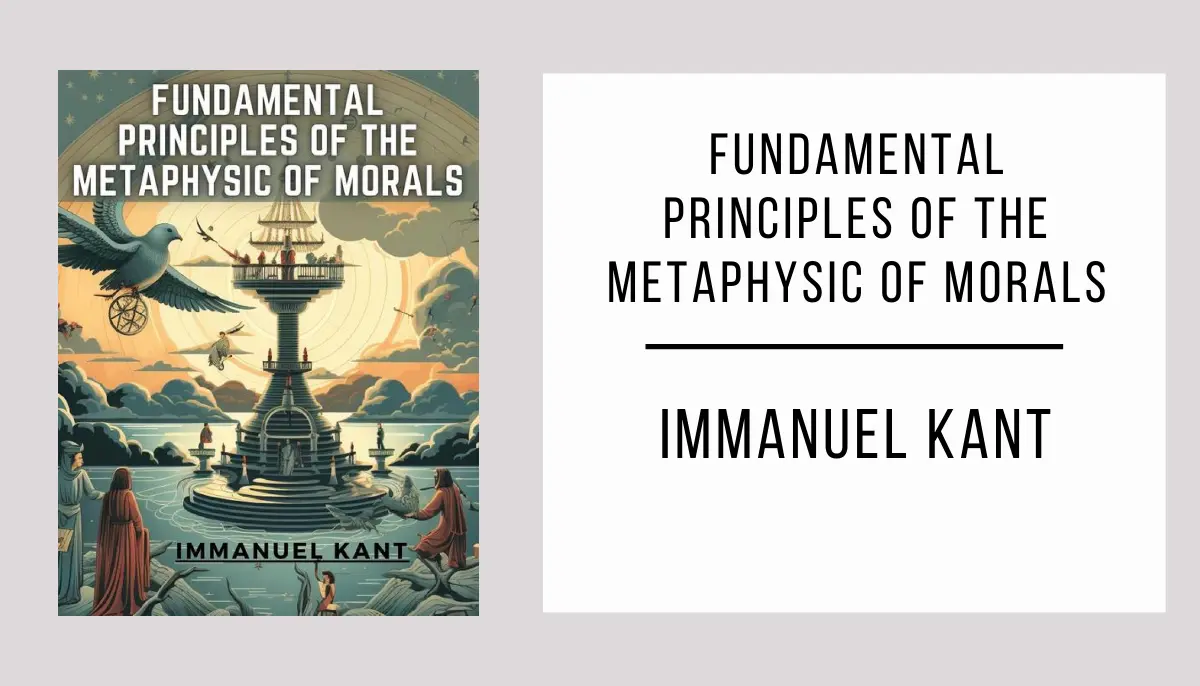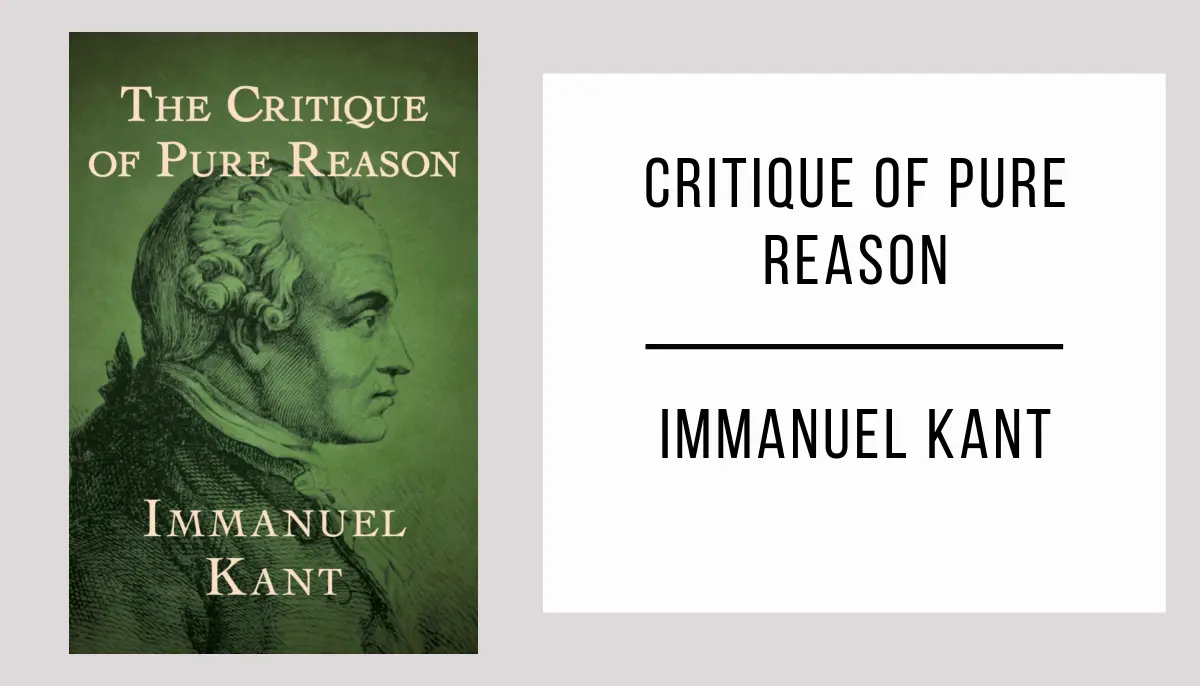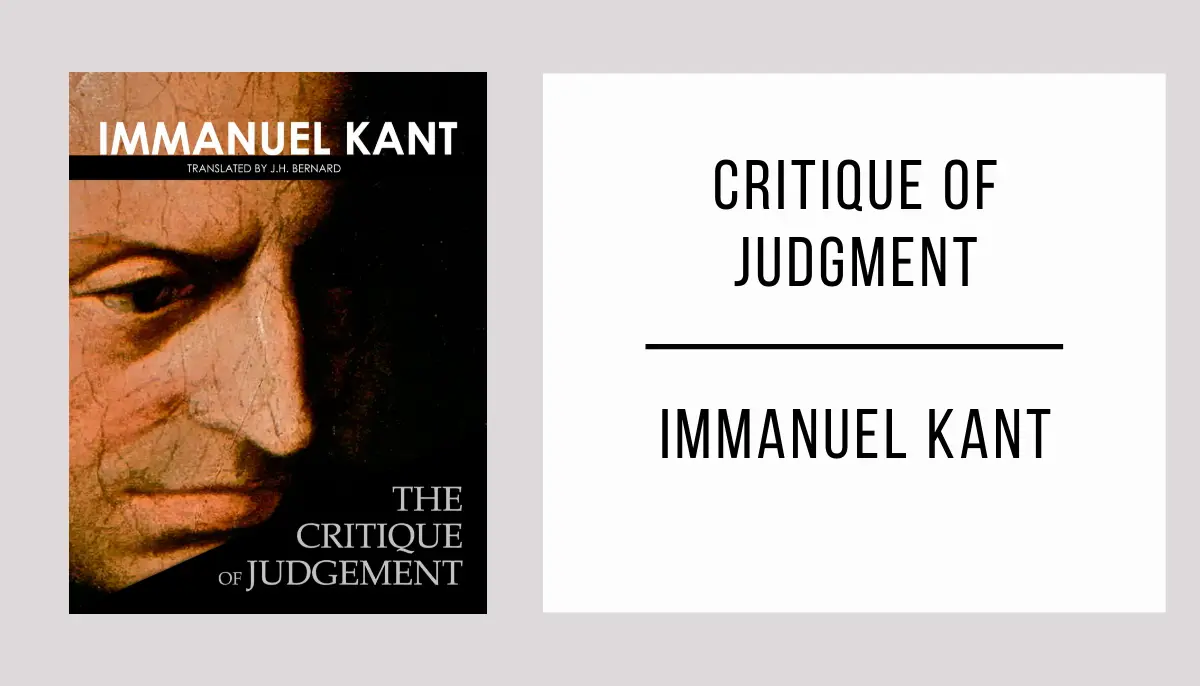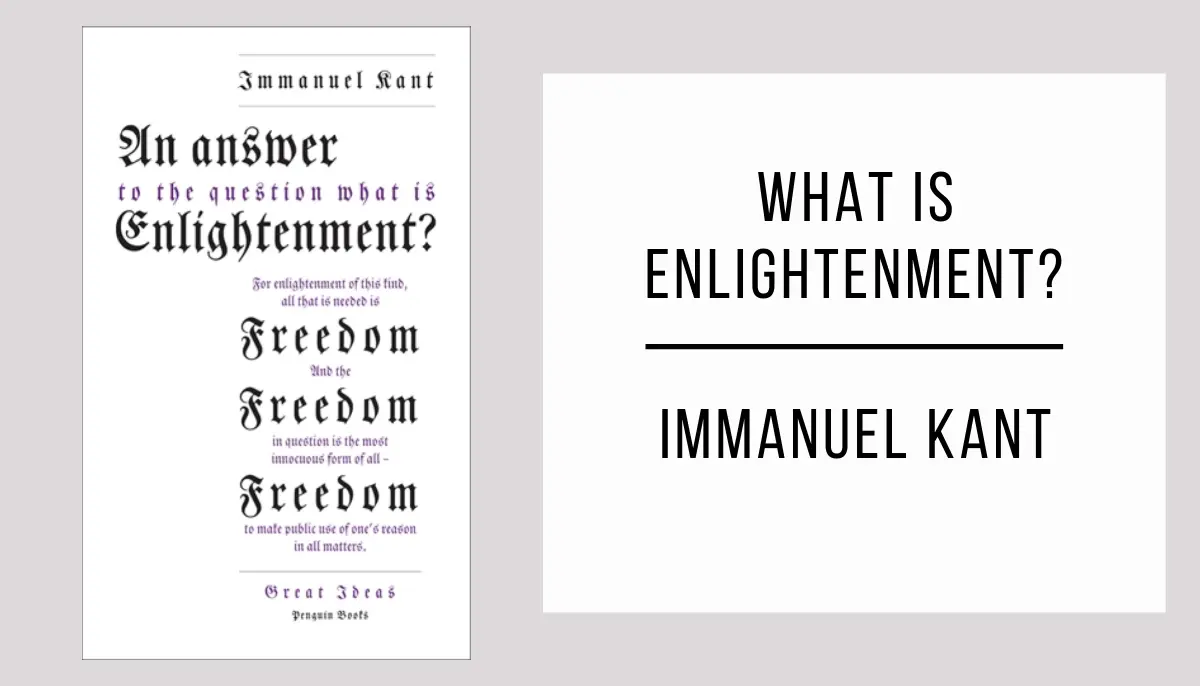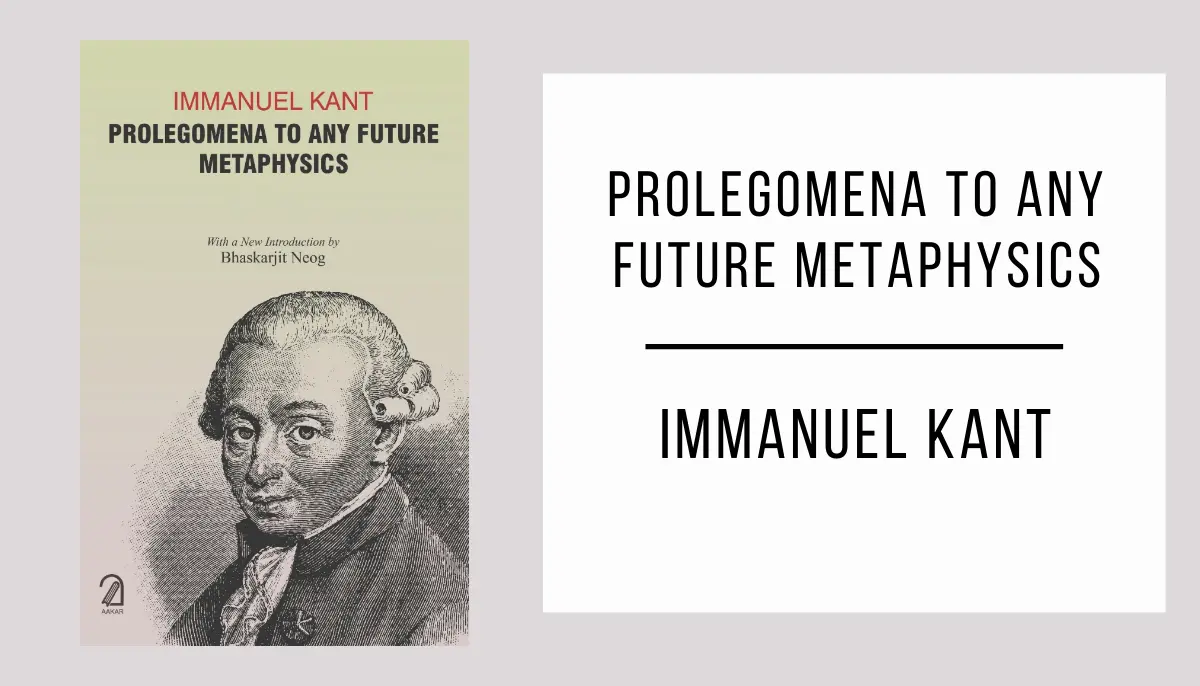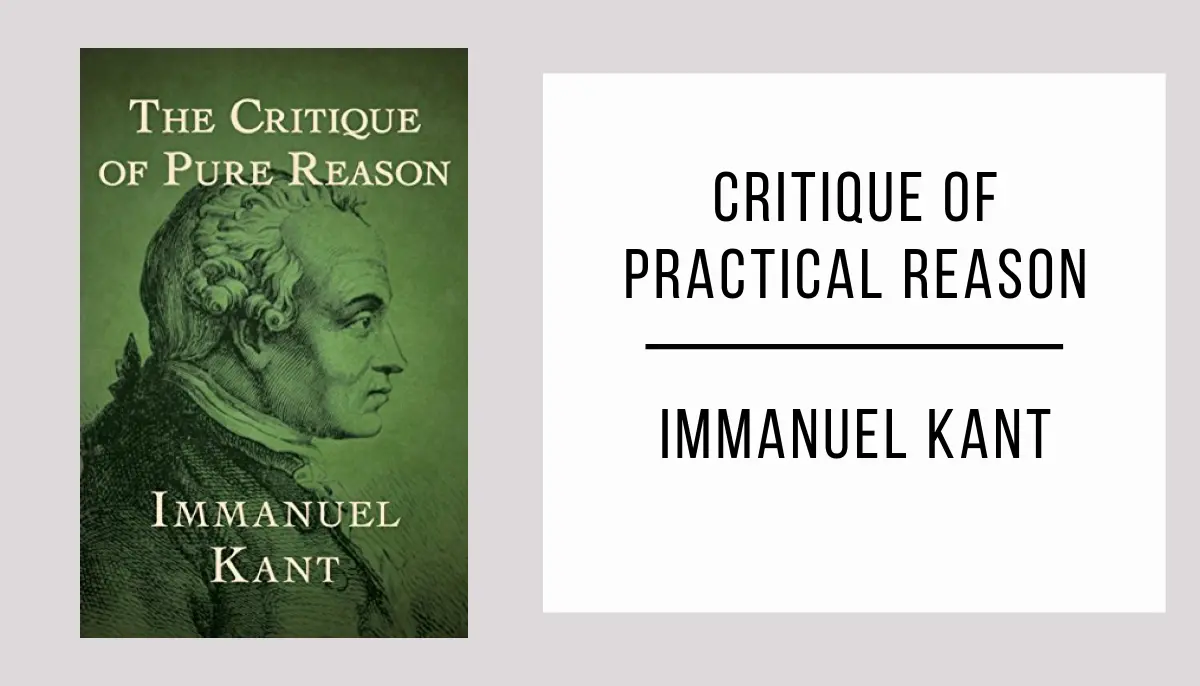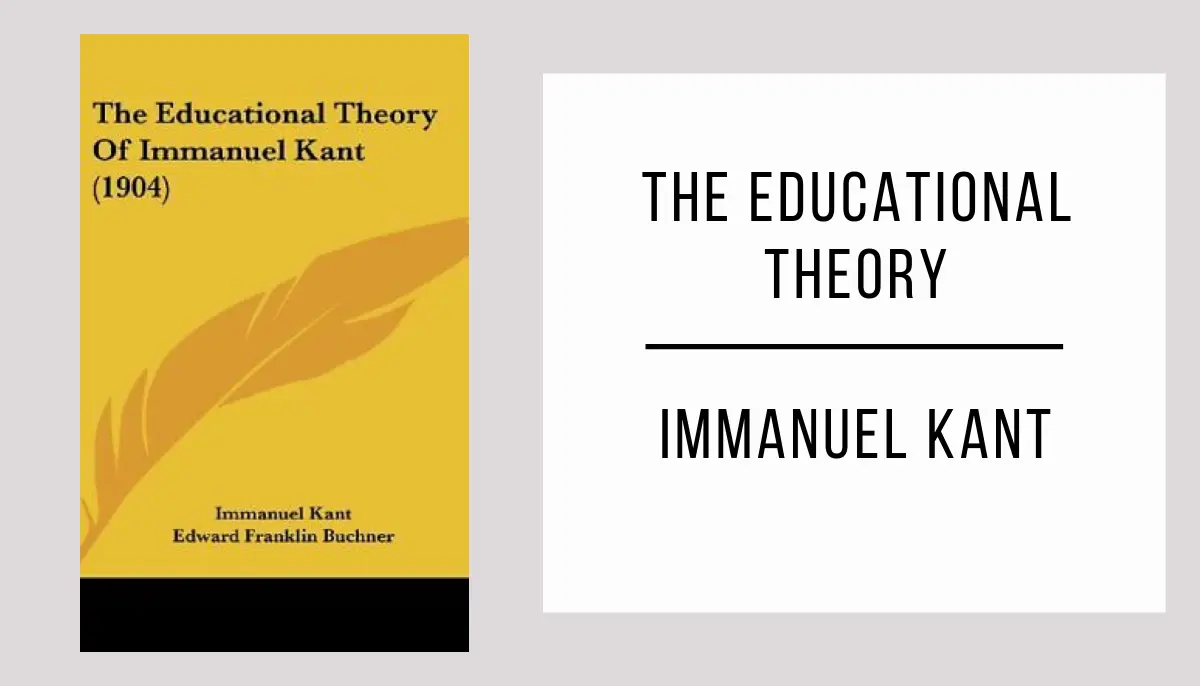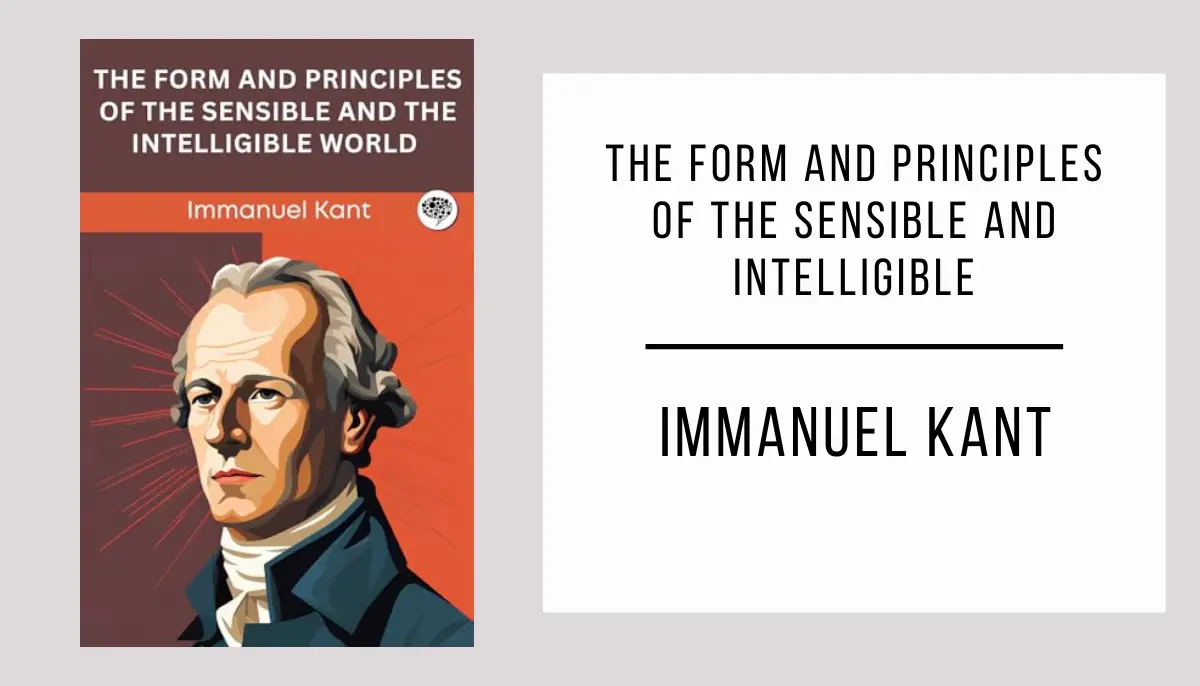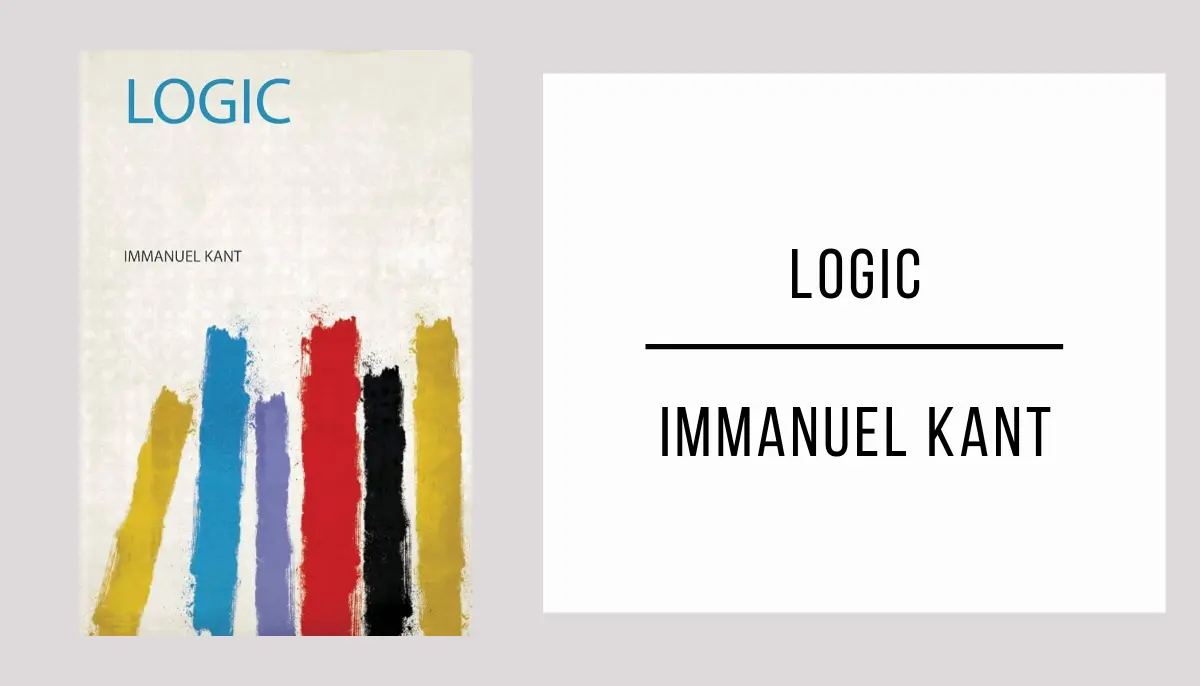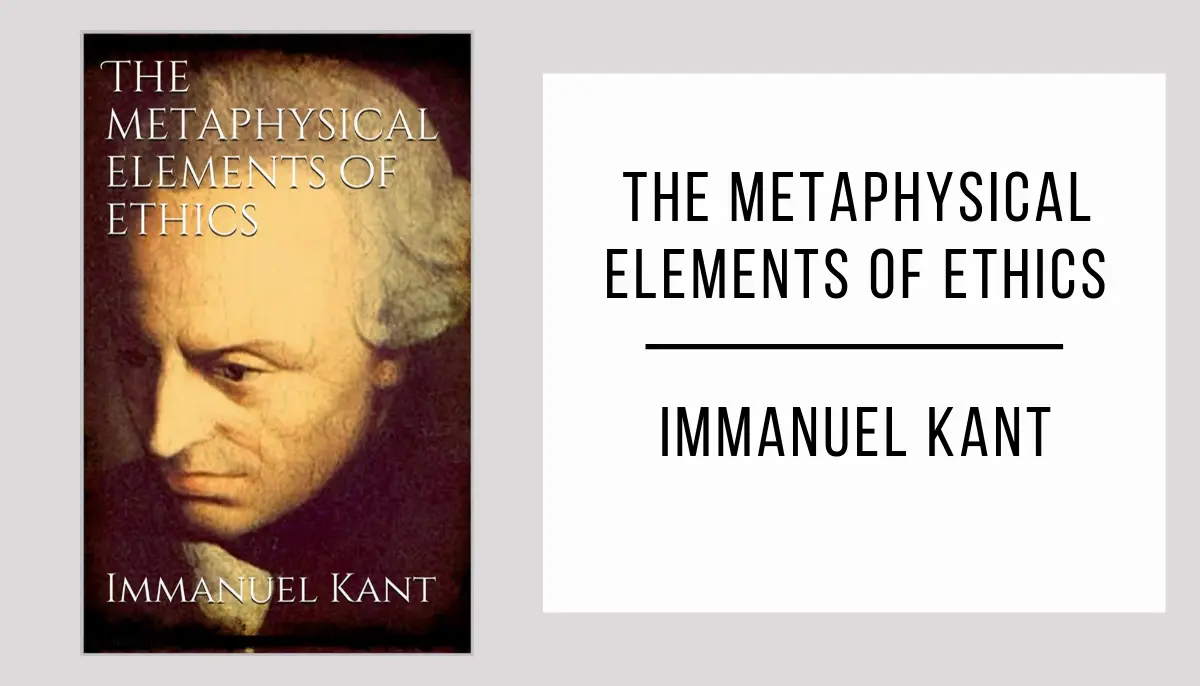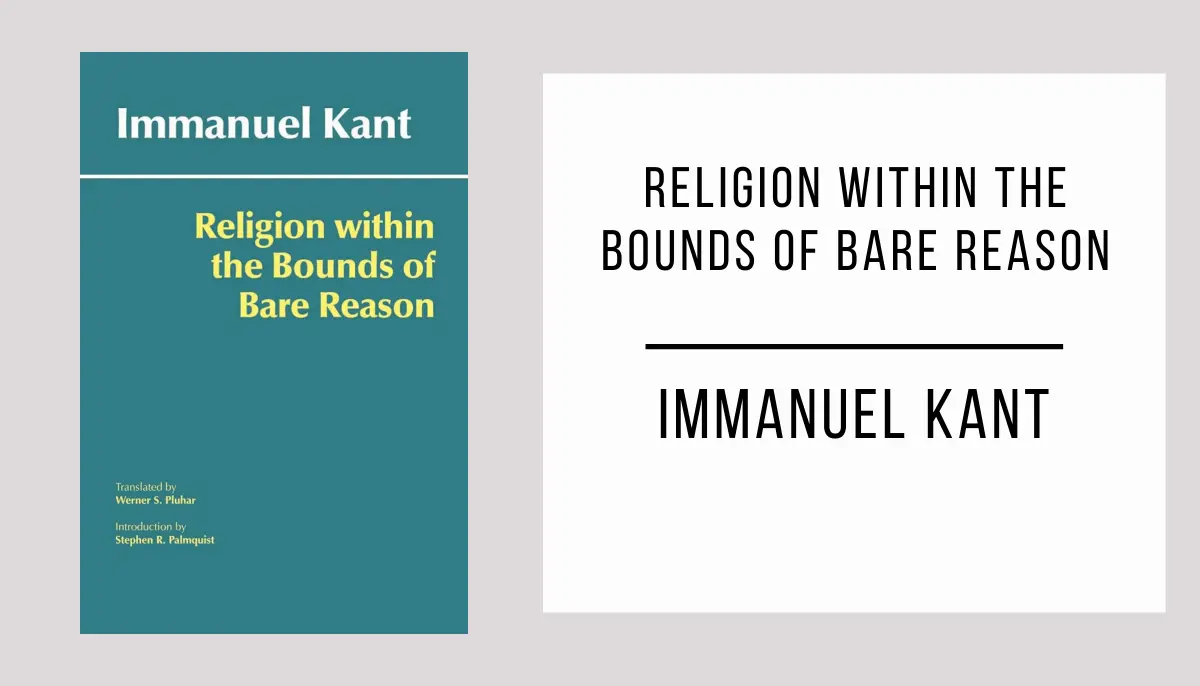“Fundamental Principles of the Metaphysic of Morals” is a masterful philosophical treatise written by Immanuel Kant, considered one of the fundamental texts of ethics.
Download a free PDF copy of “Fundamental Principles of the Metaphysic of Morals” now and delve into the mind of one of the greatest philosophers of all time.
Don’t miss the opportunity to read “Fundamental Principles of the Metaphysic of Morals” and enhance your understanding of morality.
Fundamental Principles of the Metaphysic of Morals in PDF format
*Wait a few seconds for the document to load, the time may vary depending on your internet connection. If you prefer, you can download the file by clicking on the link below.
Loading fileInformation Fundamental Principles of the Metaphysic of Morals
- Author: Immanuel Kant.
- Publication Date: 1785.
- Main Characters:
- Does not apply. The book does not feature fictional characters.
- Brief Summary: “Fundamental Principles of the Metaphysic of Morals” is a philosophical work written by Immanuel Kant where he explores the foundations of morality and analyzes the ethical principles that guide our actions. It examines how morality is based on practical reason and how we can make morally valid decisions universally.
- Thematic Analysis: “Fundamental Principles of the Metaphysic of Morals” addresses fundamental themes of ethics and morality, exploring how we can make moral decisions based on practical reason. Immanuel Kant establishes the importance of acting according to moral duty rather than based on consequences. He also discusses the idea that morality should be universally valid, independent of individual circumstances.
- Historical Context: “Fundamental Principles of the Metaphysic of Morals” was published in 1785 during the Enlightenment, an intellectual and philosophical period in Europe. Immanuel Kant, one of the leading philosophers of the time, sought to establish a rational foundation for morality in contrast to ethical theories based on religion or utility. His work significantly influenced the later development of ethics and moral philosophy.


